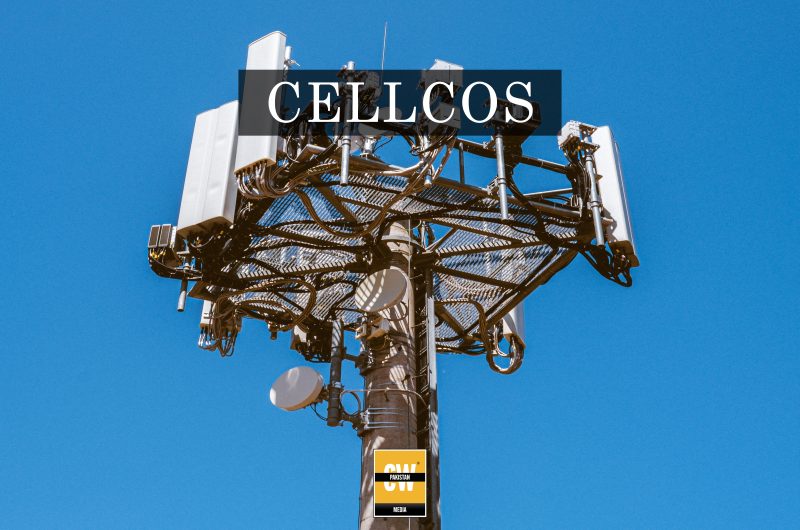Information Technology Minister Shaza Fatima Khawaja confirmed on Monday that Starlink, the satellite-based internet provider owned by Elon Musk, has been officially registered with SECP. The announcement marks a major milestone for Starlink’s entry into Pakistan, paving the way for high-speed internet services in areas that are currently underserved by traditional broadband providers.
Responding to inquiries on social media, the IT Minister provided clarity on the status of Starlink’s operations in Pakistan, stating, “It is registered, and the licensing is in process.” She further elaborated that the Space Board Authority is examining various technical aspects of the service, and the government has already communicated these technical requirements to Starlink. According to the minister, efforts are underway to establish a comprehensive regulatory regime for satellite-based internet providers, including Starlink, to make Pakistan a conducive environment for all international low-earth orbit (LEO) satellite companies.
This announcement comes just days after Elon Musk’s public comments about Starlink’s imminent launch in Pakistan. Musk had earlier revealed that he was awaiting the approval of Islamabad to begin offering services. His statements on X, the social media platform, echoed his eagerness to bring Starlink’s satellite internet services to Pakistan, a country where internet connectivity has long been a challenge in remote and rural areas.
Starlink’s entry into the Pakistani market will be a game-changer in terms of internet accessibility, especially in regions where traditional broadband infrastructure, like fiber cables or radio towers, is limited or non-existent. The low-earth orbit (LEO) satellites used by Starlink provide consistent and reliable internet connectivity by orbiting much closer to Earth compared to traditional geostationary satellites. This setup ensures that even remote and rural areas, where traditional internet service providers often struggle to provide service, will be able to access high-speed broadband.
While Starlink is expected to work closely with PTA to finalize its licensing process, the announcement also signals a larger shift in Pakistan’s approach to satellite-based internet services. The IT Minister highlighted that a regulatory framework is being put in place that will allow various international companies, including Starlink, Amazon, OneWeb, and other emerging satellite operators, to provide services in Pakistan. This initiative is seen as a step towards diversifying internet service providers and improving access to high-quality, reliable internet across the country.
The entry of Starlink and other LEO satellite operators is timely, considering the challenges Pakistan faces with its internet infrastructure. Many areas of the country, particularly in rural and mountainous regions, remain poorly connected to the internet due to the lack of physical infrastructure such as fiber optic cables or cellular towers. The provision of satellite internet could bridge this gap, offering internet services to millions of people who have had limited access in the past.
Pakistan’s interest in satellite internet services is not limited to Starlink. Several other global players, including Amazon and OneWeb, are also eyeing the Pakistani market for their LEO satellite-based services. As a result, Pakistan’s regulatory framework will need to be adaptable and inclusive to accommodate the growing interest in satellite internet services while maintaining standards for quality and accessibility.
Once fully operational, Starlink’s services are expected to benefit a broad spectrum of Pakistan’s population, including businesses, educational institutions, healthcare providers, and individuals in remote areas. The service promises to provide internet speeds that rival those of fiber optic connections, which will be a welcome development for sectors such as education, e-commerce, and telemedicine, all of which require reliable internet connections to function effectively.
As the process of licensing and technical assessments continues, the prospect of improved internet connectivity for Pakistan’s underserved regions is looking brighter. With the introduction of services like Starlink, the digital divide in Pakistan could begin to narrow, offering new opportunities for innovation, education, and economic development across the country.









